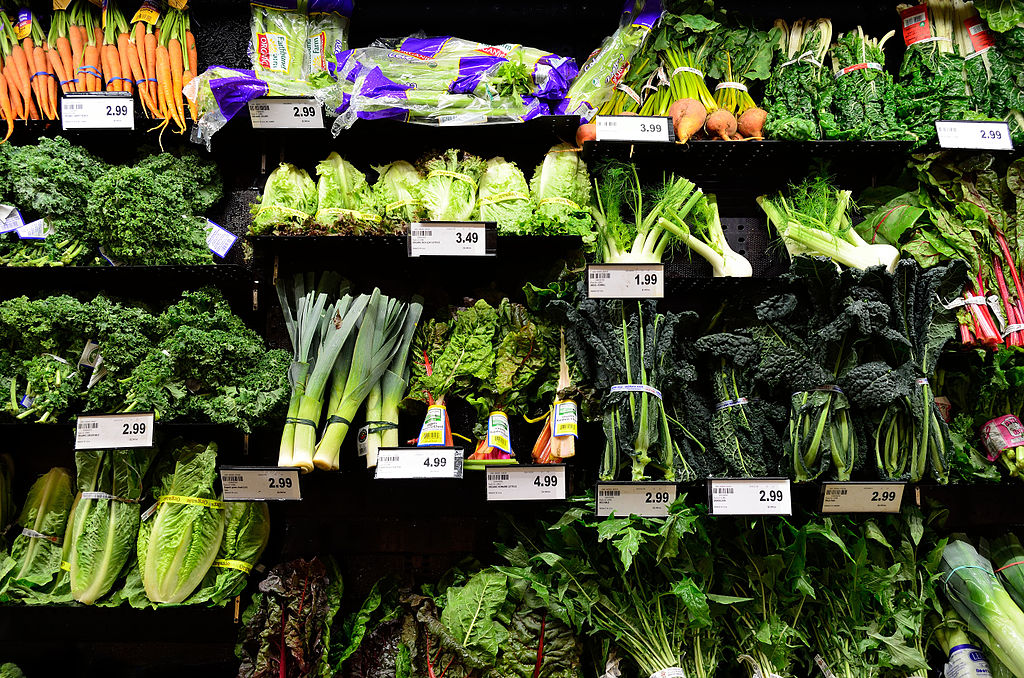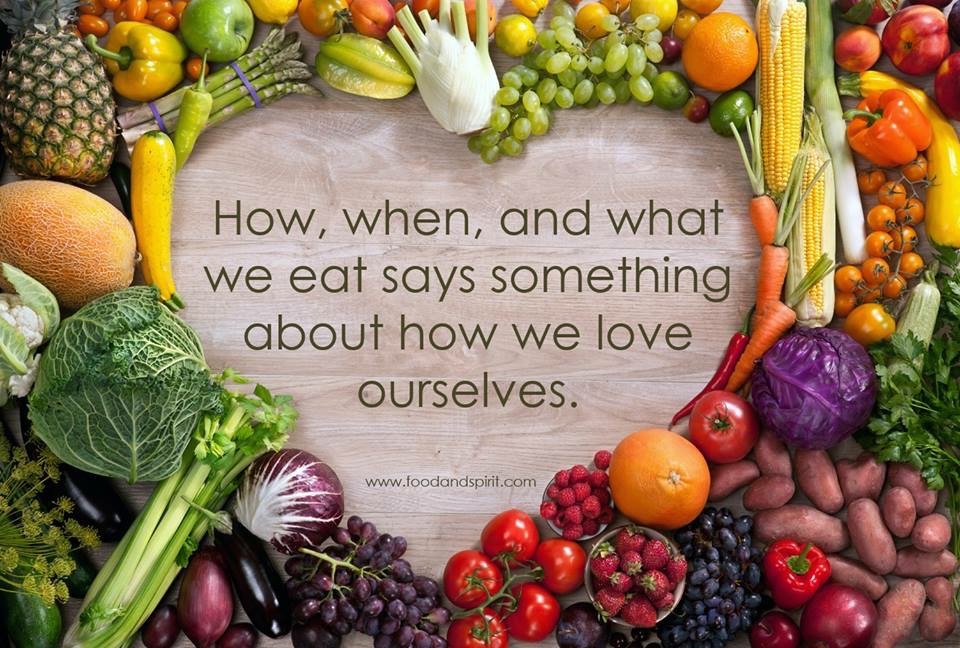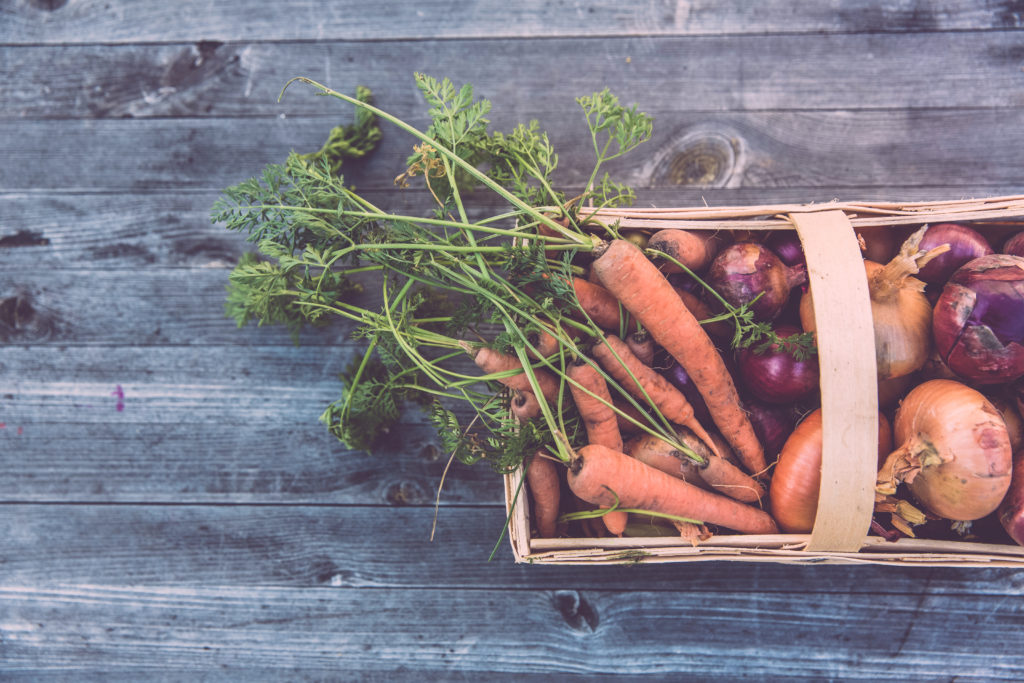How to be a Healthy Vegetarian
Vegetarians, on the whole, have less risk of heart attack and diabetes than their meat eating comrades. They are less likely to suffer from high blood pressure, obesity, and high cholesterol and they have a considerably lower incidence of digestive disorders, gallbladder disease, constipation, and colon cancer (and possibly other cancers as well). The research is pretty clear on all of that.
Does this mean that all vegetarians are healthy? Absolutely not! I was a vegan in high school and I can confidently vouch that you can avoid all animal products and still eat like an idiot. I’m pretty sure I lived off Ringolos, canned soup, and noodles. Here are some tips so that you can reap all the benefits of a vegetarian diet (if you choose to do so) and not repeat the same mistakes that I did.
2. Don’t eat too much wheat.
This is a very easy trap to fall into. Whether you are vegetarian or not, wheat-based products are some of the most accessible foods available in a pinch, but now that you have crossed off animal proteins, your options are more limited. You are going to have to be a little more diligent. This isn’t just for people with Celiac’s or gluten sensitivity; excess amounts of wheat are not good for anyone because it is an inflammatory food and can often lead to excess weight gain around the middle, among a plethora of other issues. Even if you body tolerates wheat well, practice moderation and focus on other more nutrient-dense foods, including sprouted and ancient grains.
4. Know your proteins.
Just because you are not eating animal protein does not mean that you should not be eating protein! Protein is made up of amino acid building blocks and your body needs these amino acids to build hormones and neurotransmitters and heal damaged tissues. There are certain amino acids that your body cannot produce on its own and so you must consume them in food to have them available as building blocks. For this reason, most traditional vegetarian diets have devised plans of “pairing” protein sources since plant-based protein sources are not as complete.
1. Avoid processed food.
This doesn’t just apply for vegetarians. Just because a food (or food-like substance) doesn’t have the specific ingredient that you happen to be avoiding in it does not mean that it is a healthy choice. The same applies for the ever-growing isle of “gluten-free foods”. The further away from its original state the more processed that food must be (think about the transformation from edamame to tofu or almonds to almond milk). In general, stick to a whole-food, plant-based diet as much as possible and leave the vegan brownies for special occasions.
3. Take your vitamins (and minerals).
Vitamins B12 and D are only found in animal-based products (and the sun, for vitamin D). Meat, milk, and eggs are the richest and most bioavailable sources of iron, zinc, and calcium. Nutrient deficiencies are common amongst vegetarians and vegans. Given how difficult it can be to ensure you are consuming adequate amounts of all your vitamins and minerals on a “regular” diet without any restrictions, I strongly recommend that you supplement with a high-quality multivitamin/mineral (MVM), at the very least until you get a strong grasp on your new food habits. If your immune system or energy systems are showing any signs of challenge, then you should get your levels tested as you may need to do some direct supplement work with certain nutrients.
5. Don’t be an angry vegan.
There is nothing worse than an angry vegan. I absolutely understand and support your decision to avoid meat, dairy, eggs, and/or any other specific food. I do not condone you berating, condemning, or lecturing your fellow man. No one wants to eat with (or be around) someone who is judging them as they try to enjoy their dinner. It doesn’t matter if you are right. I appreciate your passion, but you will not gain numbers to your cause this way. They a gentler more positive approach. If people ask, have a compassionate response ready. In my experience, people area actually pretty interested if you can engage in a responsible conversation.
Your reasons for eliminating animal protein from your diet may be philosophical, environment, economical, religious, social, health-related, or just simply out of preference. For whatever reason you chose to become a vegetarian, I hope that this post helps you consider some of the deliberate habits that you can form to see success and experience health in your food choices.





